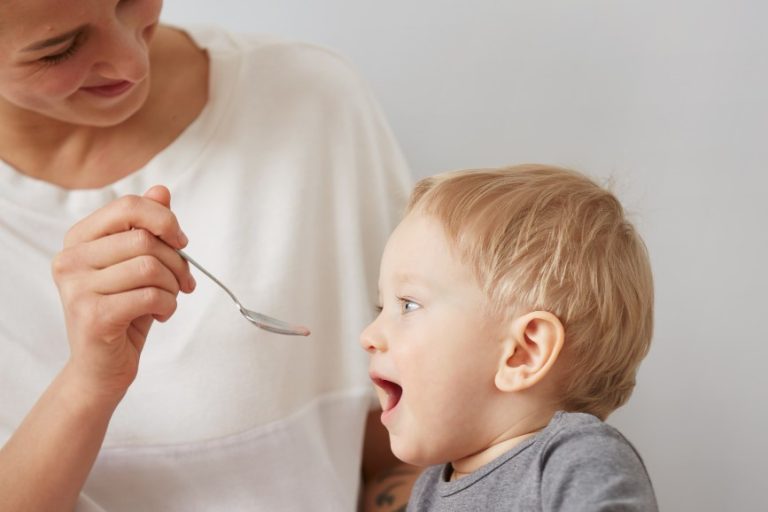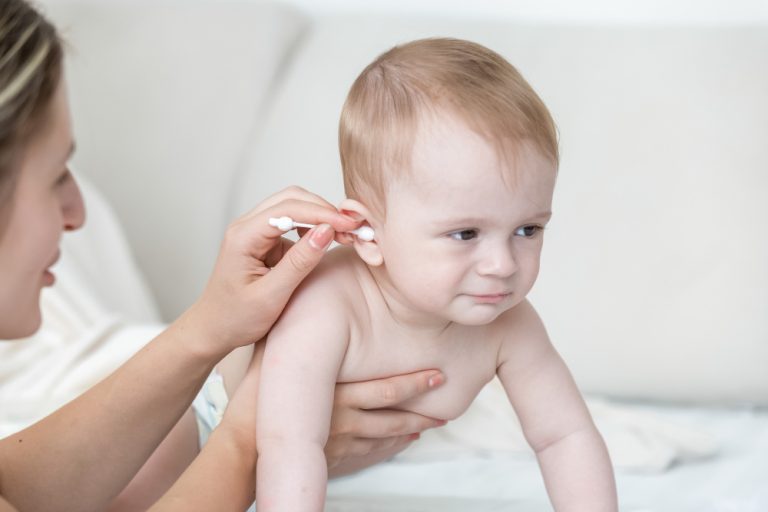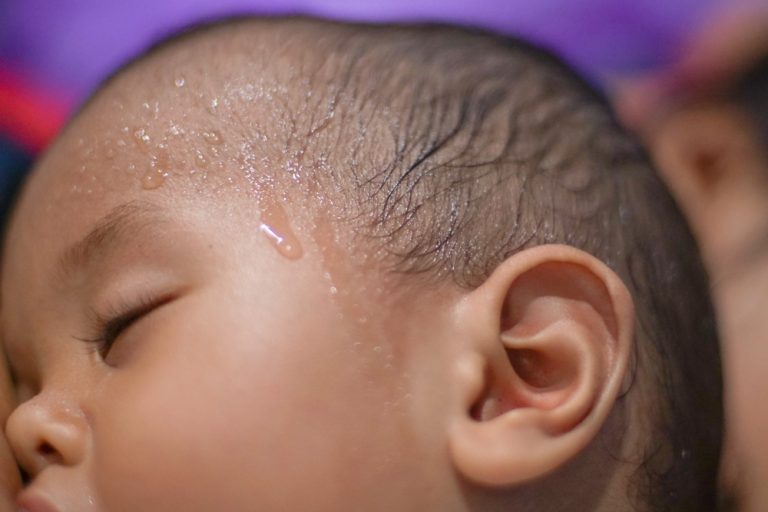How To Prevent Ear Infections In Babies? 7 Practical Tips
Are you tired of seeing your child in discomfort due to ear infections? Have you ever wondered how to prevent ear infections in babies? What are some effective strategies for keeping your little one healthy and happy? Dealing with ear infections in children can be a challenging and worrying experience for any parent.
Ear infections can affect both parents and children, causing incessant crying and trouble sleeping. But fear not! By taking proactive steps to prevent ear infections, you can help safeguard your child’s aural health.
In this comprehensive guide, we will delve into the world of pediatric ear infections and explore effective strategies to minimize the risk of your child developing this common ailment. Let’s equip you with the knowledge and tools needed to protect your little one’s ears and ensure their well-being.
Throughout this article, we will cover vital topics, including why children are more susceptible to ear infections, the key symptoms to watch out for, and how to prevent ear infections in babies through 7 practical tips.
Stay tuned for expert advice backed by reliable sources to empower you as a parent in keeping your child’s ears infection-free.
Understanding How To Prevent Ear Infections In Babies?
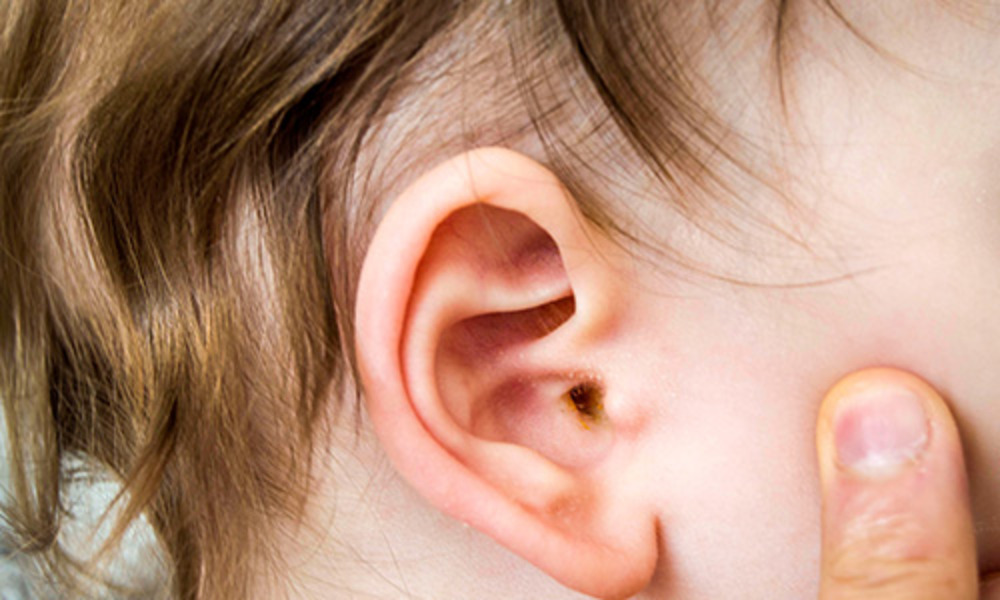
Preventing ear infections in babies is crucial for their overall health and well-being. Ear infections, also known as acute otitis media, are common in children and can cause discomfort, pain, and potential complications.
By understanding the importance of prevention and implementing proactive measures, parents can significantly reduce the risk of their baby experiencing ear infections.
This article will provide valuable insights and practical tips to help you keep your baby’s ears healthy and promote their overall well-being. By following these preventive strategies, you can ensure a happier and healthier start to your baby’s life.
Why are Ear Infections More Common in Children?

Children are more prone to ear infections due to several factors, including the unique structure of their Eustachian tubes and their developing immune systems. Understanding these factors can help parents take proactive steps to prevent ear infections in their children.
1. Structure of Eustachian tubes
In young children, the Eustachian tubes are shorter and more horizontal than in adults. This makes it easier for bacteria and viruses to enter the middle ear and cause infections.
2. Developing immune systems
Children’s immune systems are still maturing, which makes them more vulnerable to infections. Their bodies may struggle to fight off bacteria or viruses that enter the ear.
By understanding these inherent risk factors, parents can implement preventive measures to minimize the occurrence of ear infections in their children.
Ear Infection Symptoms

Ear infections in babies can be distressing for both the child and the parents. It’s important to be aware of the common signs and symptoms of ear infections so that you can seek appropriate medical care and support your baby’s comfort.
- Ear Pain
Babies with ear infections may experience discomfort or pain in the affected ear. They may tug or pull at their ears, indicating their discomfort.
- Fussiness and Irritability
Ear infections can make babies irritable and fussy. They may seem more difficult to soothe or constantly cry without obvious reasons.
- Difficulty Sleeping
Babies may have difficulty sleeping, or experience disrupted sleep patterns due to the pain or discomfort caused by the ear infection.
It’s important to remember that these symptoms may vary from child to child, and some infants may not display any noticeable signs of an ear infection. If you suspect that your baby might have an ear infection, it’s best to consult their pediatrician for an accurate diagnosis and appropriate treatment.
Remember, early detection and prompt medical attention can help alleviate your baby’s discomfort and prevent any potential complications.
Can Ear Infections Be Prevented?
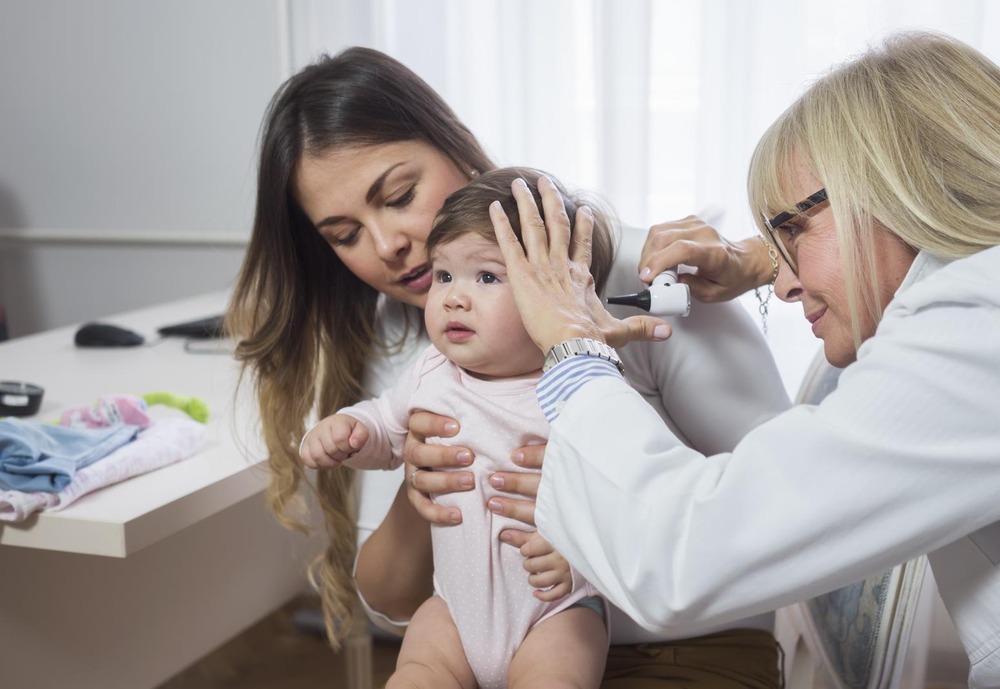
Ear infections in children can be challenging, but proactive measures can reduce the risk. While it may not be possible to prevent all ear infections completely, steps can be taken to minimize their occurrence.
By incorporating these preventive measures into your daily routine, you can help keep your child’s ears healthy and reduce their discomfort.
Vaccinate Your Child
- “Vaccination plays a crucial role in preventing certain types of infections that can lead to ear infections,” says Dr. Dania Lindenberg, an expert in pediatric care.
- Ensure your child receives all recommended vaccines, including the flu and pneumococcal vaccines.
- These help protect against respiratory illnesses and bacteria that can cause ear infections.
Promote Good Hand Hygiene
- “Handwashing is a simple and effective way to prevent the spread of germs,” emphasizes Dr. Lindenberg.
- Encourage regular handwashing among family members, especially before meals and after using the restroom.
- This practice can help reduce the transmission of viruses and bacteria that can trigger ear infections.
Breastfeeding Benefits
- Breastfeeding provides numerous benefits, including boosting your baby’s immune system.
- “Breast milk contains antibodies that help protect against infections,” explains Dr. Lindenberg.
- If possible, aim to exclusively breastfeed for at least the first six months to reduce the risk of ear infections.
Avoid Bottle-Feeding in Bed
- When it comes to feeding your baby, it’s important to avoid bottle-feeding in a lying-down position.
- This can lead to milk pooling in the middle ear and increase the risk of infection.
- Instead, feed your baby in an upright position, holding them at an angle to allow gravity to prevent liquid from entering the Eustachian tubes.
Protect from Secondhand Smoke
- Exposure to secondhand smoke can have detrimental effects on your child’s ear health.
- “Smoke irritates the Eustachian tubes and can lead to inflammation and increased susceptibility to infections,” warns Dr. Lindenberg.
- Keep your home and car smoke-free to create a healthier environment for your child.
Preventing ear infections requires consistent effort and attention to detail. By following these preventive measures, you can significantly reduce the likelihood of your child experiencing ear infections.
If you have concerns about your child’s ear health or suspect an infection, consult with their pediatrician for appropriate care and guidance.
Ear infections can be a common concern for parents of babies and young children. Fortunately, there are several proactive measures you can take to reduce the risk of ear infections in your little one.
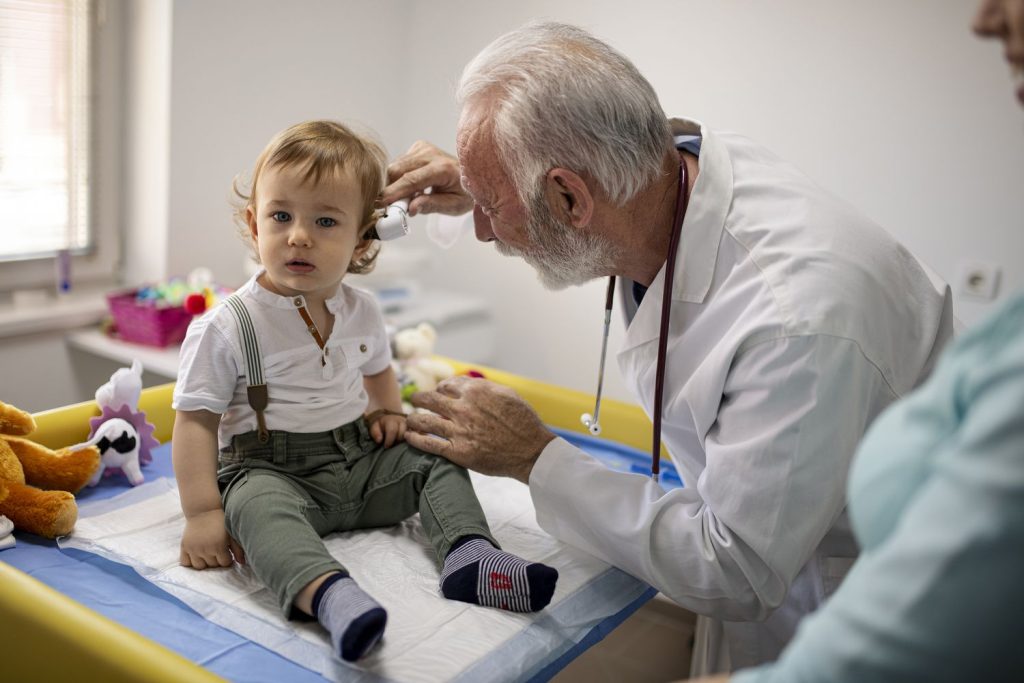
By following these 7 strategies, you can help keep your baby’s ears healthy and minimize their discomfort.
1. Vaccinate your child
- Vaccinations can protect against certain types of infections that can lead to ear infections.
- Talk to your child’s pediatrician about the recommended immunizations, and stay on schedule.
2. Wash your hands
- Good hand hygiene is crucial in preventing the spread of germs.
- Wash your hands frequently, especially before handling your baby or their utensils.
3. Breastfeed
- Breast milk contains antibodies that can boost your baby’s immune system, making them less susceptible to infections, including ear infections.
- If possible, exclusive breastfeeding is recommended for the first six months.
4. Avoid bottles in bed
- Feeding your baby while they are lying down can increase the risk of fluid buildup in the middle ear, leading to infections.
- Try to feed your baby in an upright position and avoid putting them to bed with a bottle.
5. Avoid smoke exposure
- Secondhand smoke can have detrimental effects on your baby’s ear health.
- Keep your home and car smoke-free, and steer clear of environments where smoking is allowed.
6. Decrease pacifier use
- Prolonged pacifier use has been associated with an increased risk of ear infections.
- Limit your baby’s pacifier use, especially as they get older, to reduce the likelihood of infection.
7. Consider a smaller daycare center
- Larger daycare centers tend to have a higher incidence of respiratory illnesses, which can increase the chances of ear infections.
- If possible, opt for a smaller, well-maintained daycare center.
It’s important to note that even with these preventive measures, some children may still experience ear infections. If you notice any signs of an ear infection, such as ear pain, fussiness, or difficulty sleeping, it’s essential to consult your child’s pediatrician.
They can determine the best course of treatment, which may include antibiotics or pain relief medication.
Preventing ear infections in babies requires a holistic approach, including proper hygiene, vaccinations, and creating a healthy environment. By implementing these strategies, you can significantly reduce the risk of ear infections and help your baby achieve optimal ear health.
Remember, it’s always best to consult with your child’s pediatrician for personalized advice and guidance on your baby’s specific needs.
Sources:
American Academy of Pediatrics, Dania Lindenberg, MD, Scripps Coastal Medical Center Hillcrest, and Various medical resources specializing in ear infections and pediatric care
1. Vaccinate your child
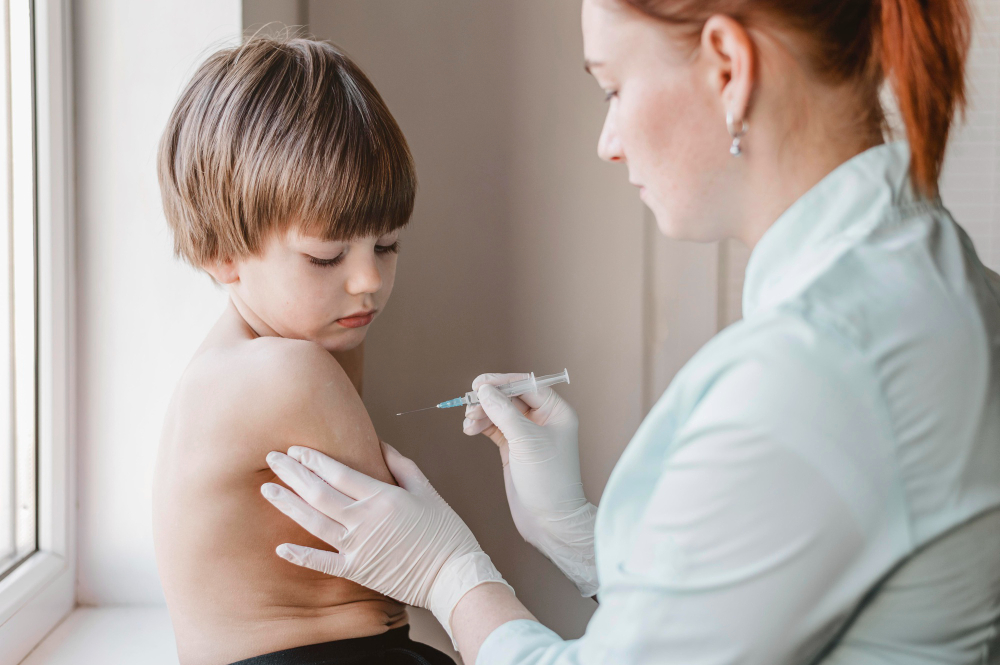
Vaccination plays a crucial role in preventing various types of infections that can potentially lead to ear infections in children. By ensuring your child receives the recommended vaccines, you can significantly reduce their risk of developing these infections.
Immunizations such as the flu vaccine and the pneumococcal vaccine are particularly effective in preventing respiratory illnesses and infections caused by bacteria like Streptococcus pneumoniae. By staying up to date with your child’s vaccinations, you are taking a proactive step towards safeguarding their ear health.
Remember, prevention is always better than cure.
2. Wash your hands

Keeping your hands clean is one of the most effective ways to prevent the spread of germs and reduce the risk of ear infections in children. By practicing good hand hygiene, you can minimize the transmission of bacteria and viruses that can lead to ear infections.
Here are some important steps to follow:
1. Wash your hands frequently with soap and water for at least 20 seconds, especially before and after feeding your child or handling their ears.
2. Use hand sanitizers when soap and water are not available, ensuring that they contain at least 60% alcohol.
3. Teach your child proper handwashing techniques and encourage them to wash their hands regularly.
4. Avoid touching your face or your child’s face, as this can transfer germs from your hands to the ears.
5. Clean and disinfect commonly touched surfaces in your home regularly, such as doorknobs, toys, and countertops.
By making handwashing a priority, you can significantly reduce the risk of ear infections and promote overall ear health in your child.
Sources: American Academy of Pediatrics
3. Breastfeed

Breastfeeding plays a crucial role in protecting your baby’s ears from infections. Here’s how it helps:
1. Boosts the immune system
Breast milk contains antibodies that can strengthen your baby’s immune system, making them less prone to infections, including ear infections.
2. Provides natural protection
Breast milk passes on essential nutrients and protective components that can help fight off bacteria and viruses that may cause ear infections.
3. Supports proper Eustachian tube function
Breastfeeding helps infants develop proper Eustachian tube function. The Eustachian tubes drain fluid from the middle ear, reducing the risk of infection.
4. Reduces respiratory illnesses
Breastfed babies are less likely to develop respiratory illnesses, such as colds and flu, which can contribute to ear infections.
Remember, exclusive breastfeeding for the first six months and continued breastfeeding along with the introduction of solids until at least one year, is recommended for optimal health benefits.
4. Avoid Bottles in Bed
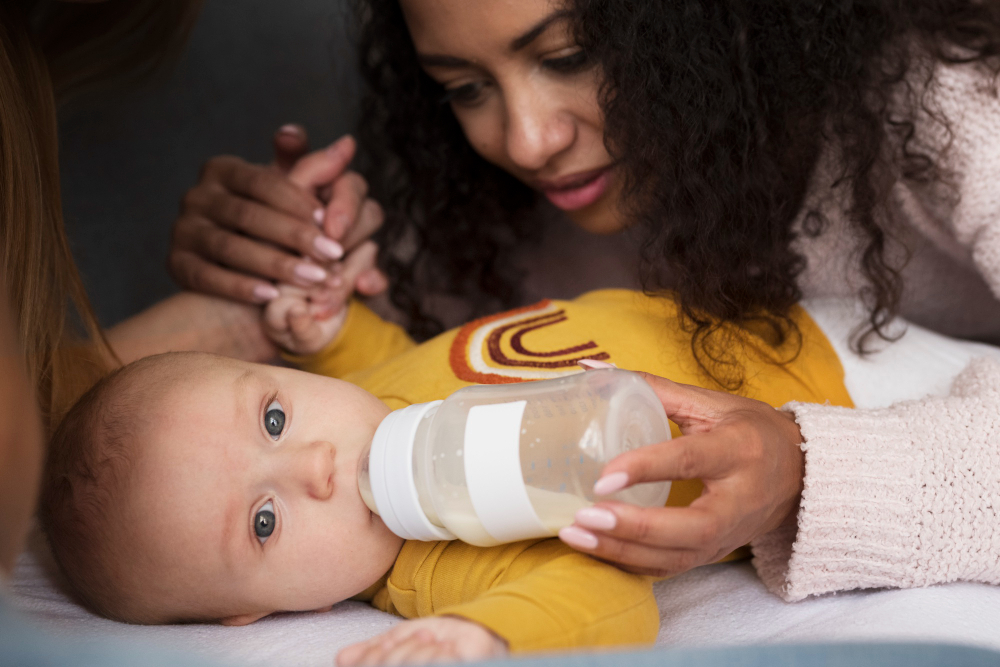
Bottle feeding in a lying-down position can increase the risk of ear infections in babies. When a baby drinks from a bottle while lying flat, the milk can easily flow into the Eustachian tubes, increasing the likelihood of fluid buildup and bacterial growth in the middle ear.
To prevent this, it is recommended that bottles be avoided in bed and that the baby be held upright while feeding. This upright position helps to keep the milk from entering the Eustachian tubes and reduces the risk of ear infections. Consider alternative feeding methods, such as nursing or using a cup, when the baby is ready.
Remember, a small change in feeding habits can make a big difference in your baby’s ear health.
5. Avoid smoke exposure

Secondhand smoke can have detrimental effects on your baby’s ear health. It increases the risk of ear infections and can worsen symptoms if your baby already has an infection.
To protect your little one, create a smoke-free environment both at home and in the car. Avoid smoking or allowing others to smoke around your child. Eliminating smoke exposure can significantly reduce the chances of your baby experiencing ear infections.
Remember, creating a tobacco-free zone is essential for your baby’s overall well-being.
6. Decrease pacifier use

Pacifier use has been associated with an increased risk of ear infections in babies. The constant sucking on a pacifier can disrupt the proper functioning of the Eustachian tube, leading to fluid buildup and potentially causing an infection.
To reduce the risk, it’s advisable to limit pacifier use to specific times, such as during naps or bedtime. Gradually weaning your baby off the pacifier as they grow older can also help prevent ear infections.
Remember, always consult your child’s pediatrician for personalized advice on pacifier use and its impact on ear health.
7. Switch your child to a smaller daycare center
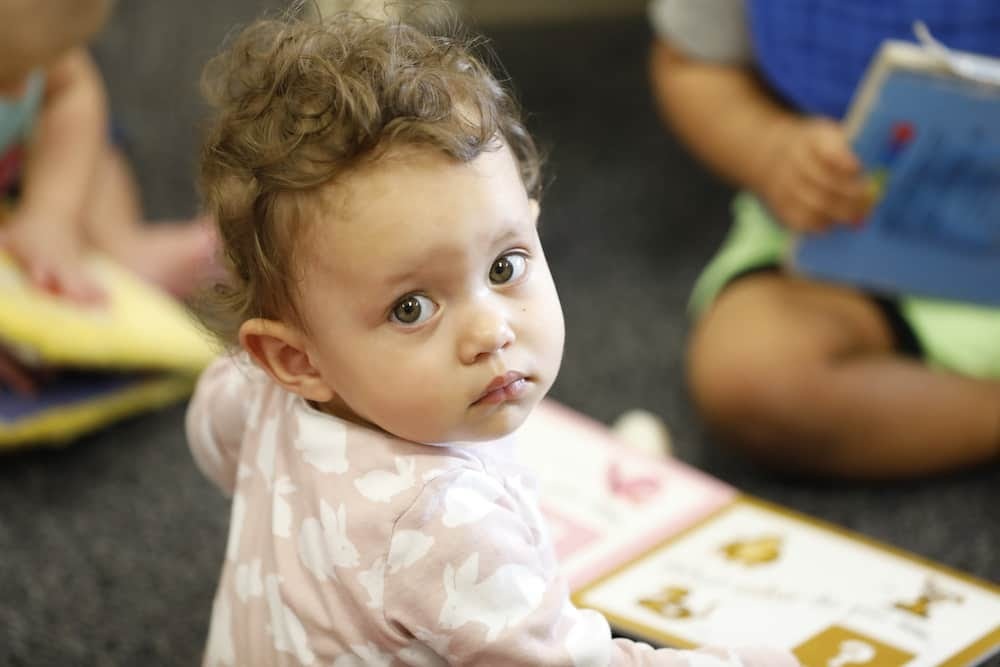
Consider switching your child to a smaller daycare center to reduce the risk of ear infections. Larger daycare centers often have a higher number of children, increasing the likelihood of infections spreading.
Smaller centers can provide a more controlled environment with fewer children, minimizing exposure to germs. Ensure that the daycare center follows proper hygiene practices and maintains a clean and sanitized environment.
By opting for a smaller, well-maintained daycare center, you can take proactive steps to protect your child’s ear health.
When to Seek Medical Care
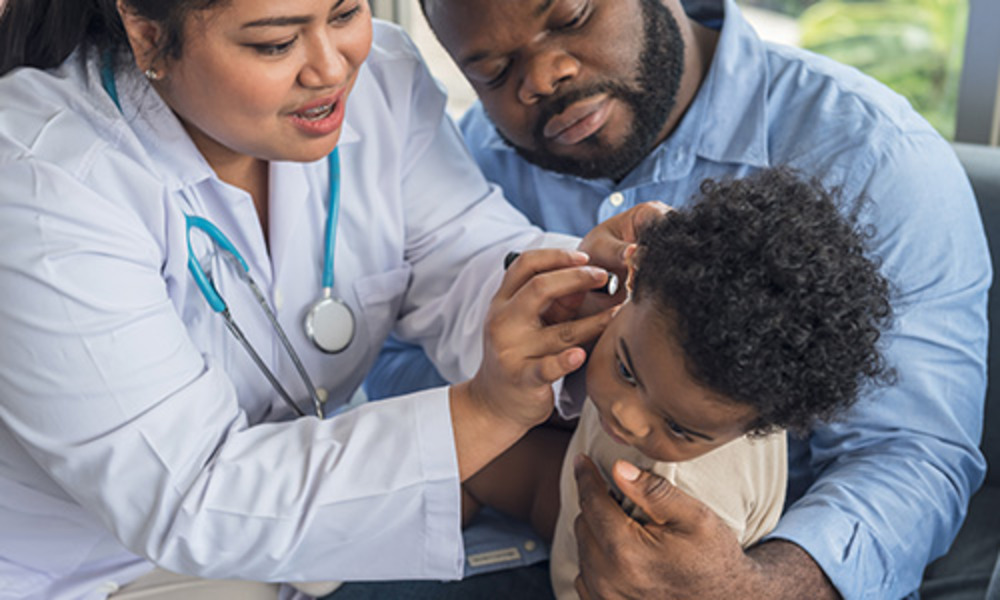
If you notice any of the following signs in your baby, it is important to seek medical care and consult their pediatrician:
1. Persistent or severe ear pain
If your baby is experiencing ongoing or intense ear pain, it is a strong indication that they need medical attention.
2. High fever
A high fever accompanied by ear pain could be a sign of a more serious infection, warranting a visit to the doctor.
3. Changes in behavior or irritability
If your baby becomes more fussy or irritable than usual, it could be a sign of an ear infection and a medical assessment is recommended.
4. Difficulty sleeping or eating
Ear infections can disrupt a baby’s sleep and appetite. If your baby is having trouble sleeping or seems to have a reduced appetite, consulting their pediatrician is advisable.
Remember, every baby is unique, and symptoms may vary. Trust your instincts as a parent and contact healthcare professionals if you have any concerns about your baby’s ear health.
How Are Ear Infections Treated?
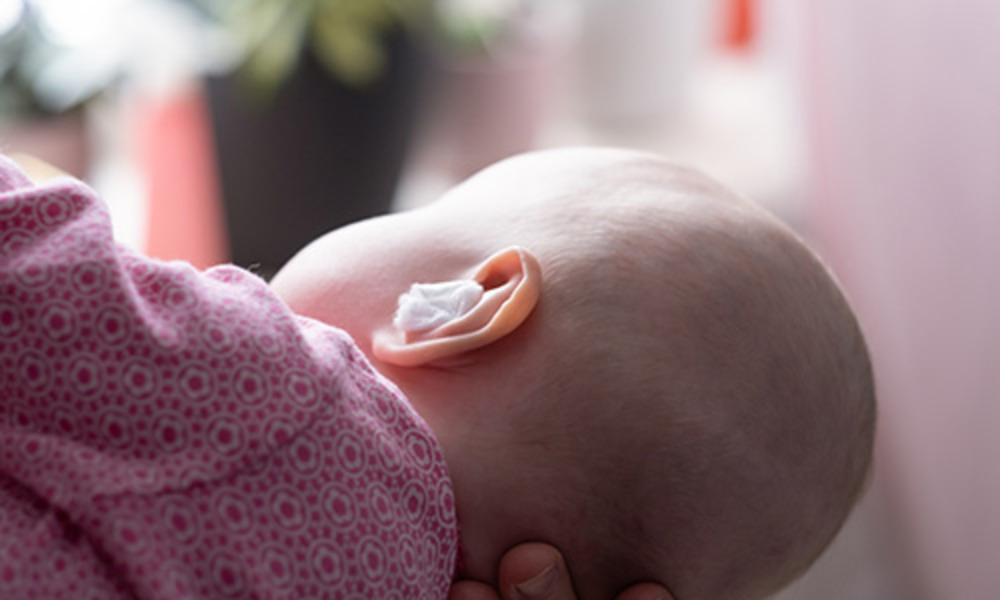
When it comes to treating ear infections in children, there are a few common options that healthcare providers typically consider. The choice of treatment depends on various factors, including the severity of the infection and the child’s age.
Here are some common treatment approaches:
1. Antibiotics
In cases where the ear infection is bacterial, antibiotics may be prescribed to help eliminate the infection. It’s important to follow the prescribed dosage and complete the full course of antibiotics to ensure effective treatment.
2. Pain Relief Medication
Over-the-counter pain relievers like acetaminophen or ibuprofen can be used to alleviate the discomfort caused by ear infections. However, always consult with your child’s pediatrician before administering any medication.
3. Watchful Waiting
In certain situations, healthcare providers may recommend a watchful waiting approach, especially for mild cases or cases where the infection is likely to resolve on its own. Regular follow-ups with the doctor are essential to monitor the progress of the infection.
4. Tympanostomy Tubes
In cases of frequent or recurring ear infections, your child’s doctor may suggest a minor surgical procedure to insert tiny tubes. These tubes help equalize pressure in the ears and prevent fluid buildup.
It is crucial to seek medical advice from your child’s pediatrician to determine the most suitable treatment approach for their specific condition. Remember, early diagnosis and proper treatment can help minimize complications and ensure your child’s speedy recovery.
The Final Note: How To Prevent Ear Infections In Babies
To sum up, how to prevent ear infections in babies is a concerning topic, and the treatment of ear infections in children requires careful consideration of various approaches, including antibiotics, pain relief medication, watchful waiting, and tympanostomy tubes, based on the severity of the infection and the advice of your child’s healthcare provider.
Following the recommended treatment plan diligently is crucial for a prompt recovery and to minimize the risk of potential complications.
Additionally, taking preventive measures such as breastfeeding, avoiding exposure to secondhand smoke, and practicing good hygiene can help reduce the risk of ear infections in babies.


